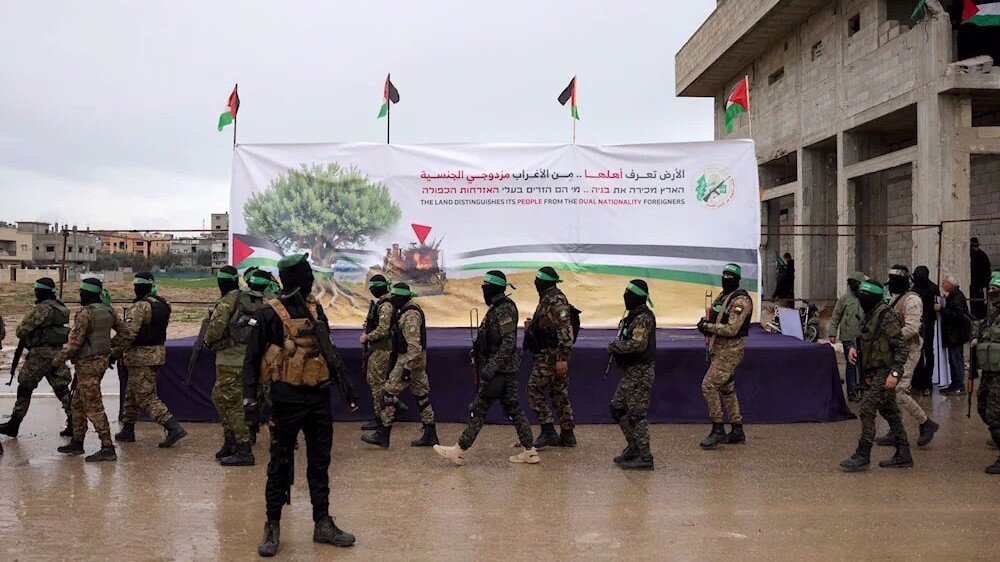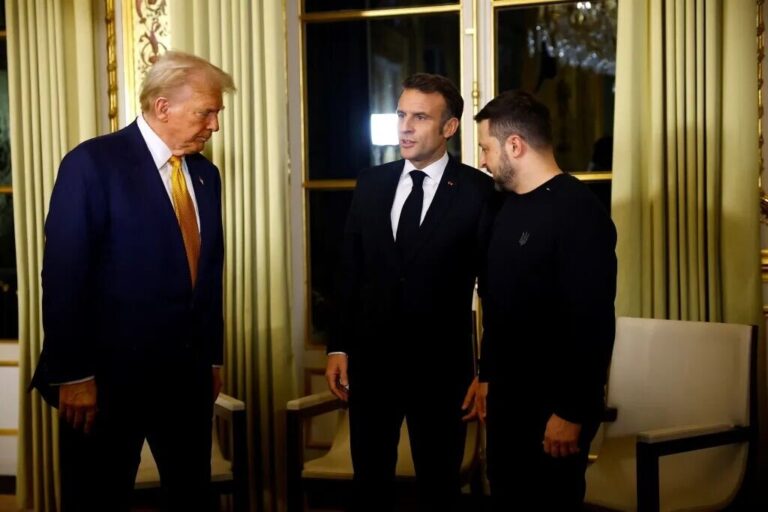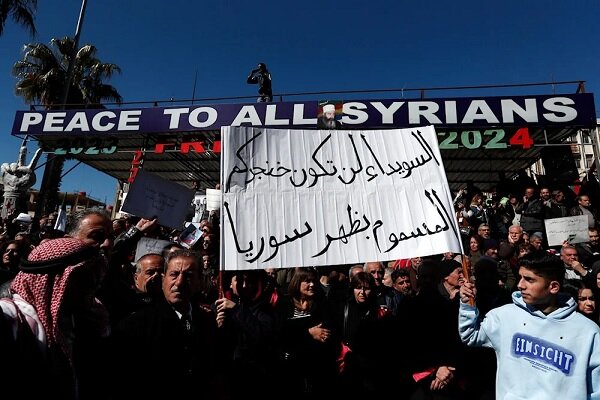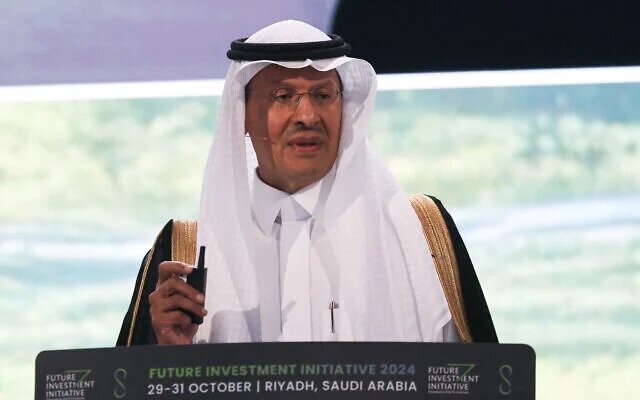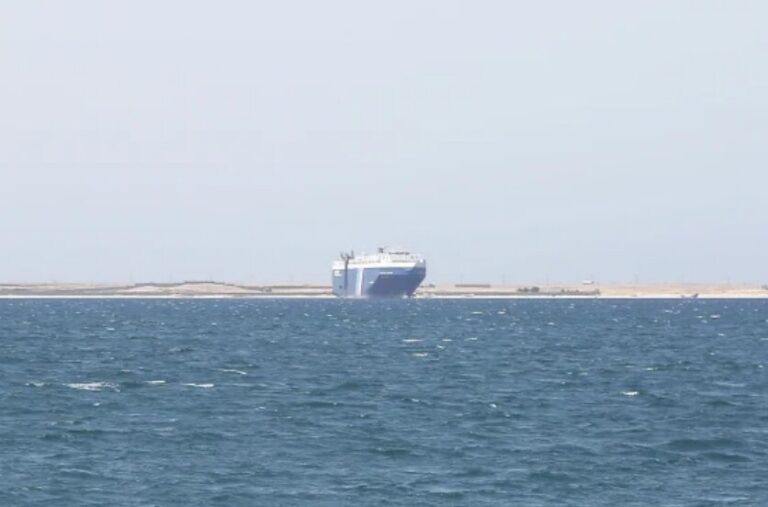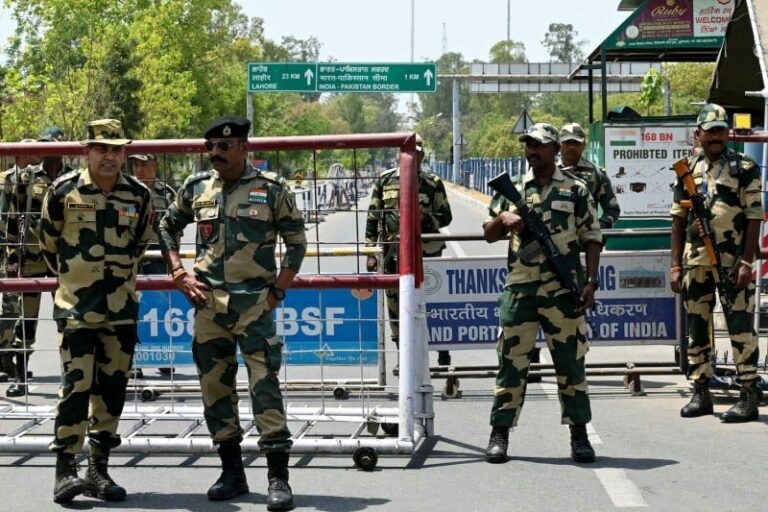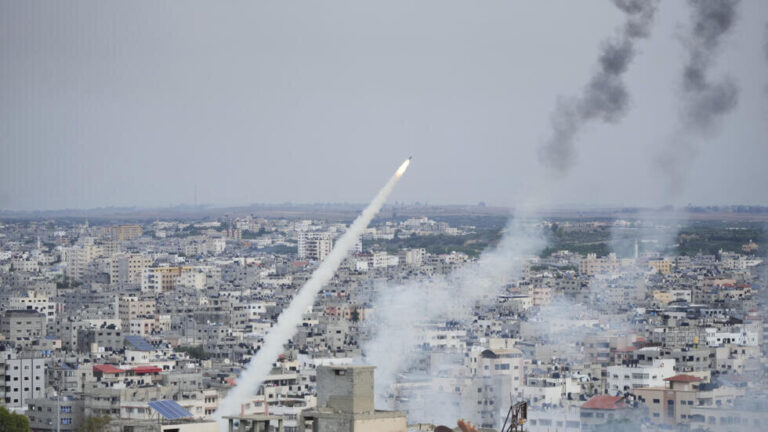Hamas Launches 7th Round of High-Stakes Prisoner Swap Negotiations with Israel
The recent developments in the Gaza-Israel conflict have resulted in a significant prisoner exchange that marks a crucial step towards a temporary ceasefire. The Gaza-based movement, Hamas, successfully handed over six Israeli prisoners to the International Red Cross in Rafah as part of a ceasefire agreement established in mid-January. This exchange has been reported by various news outlets, including Press TV.
The first prisoner transfer occurred in Rafah, where two Israeli captives were released. In a show of strength, Hamas displayed a banner at the exchange site, boldly proclaiming, “We are the flood, we are the extreme strength.” This phrase symbolizes their determination and resilience amidst ongoing tensions.
According to the Ma’an News Agency, the exchanges were meticulously organized by the al-Qassam Brigades, which is the military wing of Hamas. Two separate locations were designated for the handover: one in Rafah and the other in the Nuseirat refugee camp situated in the central Gaza Strip. This strategic planning ensured a smooth transfer of the captives.
The Israeli captives involved in this exchange include:
- Tal Shoham
- Avra Mengistu
These individuals were handed over to a dedicated team from the International Red Cross in Rafah. This humanitarian organization plays a crucial role in facilitating such exchanges, ensuring that both sides adhere to the terms of the ceasefire agreement.
Hamas had previously announced its intention to release six Israeli captives, which include:
- Elia Maimon
- Yitzhak Cohen
- Omer Shem Tov
- Omer Finkert
- Tal Shoham
- Avera Mengistu
- Hisham al-Sayed
This release was part of a significant deal that stipulated the exchange of these six Israeli prisoners for a total of **602 Palestinian prisoners and abductees**. The scale of this exchange highlights the ongoing complexities and deeply rooted issues in the Israeli-Palestinian conflict.
On the same day, Israeli officials announced the names of the Palestinian prisoners who are slated for release under this new round of the exchange deal. This reciprocal arrangement aims to foster goodwill and potentially pave the way for further negotiations between the two sides.
The developments surrounding this prisoner exchange are not only pivotal for the families of those involved but also for broader peace efforts in the region. The exchange underscores the importance of dialogue and negotiation in resolving long-standing conflicts.
While the immediate outcome of this exchange is a temporary relief for the families of prisoners, it also raises questions about the future of peace talks between Israel and Palestine. Observers are keenly watching how both sides will respond to this gesture and whether it can lead to more comprehensive discussions aimed at achieving long-term stability in the region.
As the situation continues to evolve, many hope that this exchange will serve as a catalyst for renewed efforts towards peace, allowing for more constructive dialogue and a focus on humanitarian concerns. The involvement of organizations like the International Red Cross is crucial in ensuring that such exchanges are conducted fairly and humanely, marking a potential turning point in the ongoing conflict.
In conclusion, the prisoner exchange conducted by Hamas signals a critical moment in the ongoing struggle for peace between Israel and Palestine. This exchange is not just about the individuals involved but reflects a broader need for understanding, trust, and a commitment to resolving the complexities of this conflict through dialogue and cooperation.
